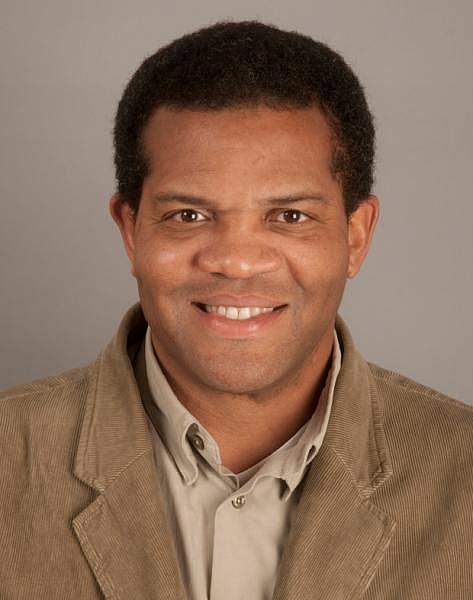How Our Environment Gets Under Our Skin
A growing body of research over the past decade has begun to tease out the ways the experience of geography and discrimination affect physiology and health. Neighborhood conditions, access to healthy food, the experience of race and class — such forces can influence everything from average lifespan to chronic disease rates to birth outcomes. At the same time, an emerging field of science is showing how these drivers of health are manifested down to the level of our DNA — high levels of chronic stress associated with discrimination, childhood adversity, or caregiving of an ill family member, for instance, are tied to shorter telomeres, a new measure of biological aging. To coin one prominent researcher, those experiencing such life stressors are “weathering” or aging faster than their actual biological age. In this webinar, we'll provide an overview of how our physical and social environments work upon our bodies, and the new science that helps us understand some of the links. The webinar will cover key insights from the research, explain its implications for public policy, and explore how this new understanding might change how we report on health, especially within minority and low-income communities.
Webinars are free and made possible by The Commonwealth Fund and the National Institute for Health Care Management Foundation.
Panelists

Anthony Iton, M.D., J.D., M.P.H., is senior vice president for Healthy Communities at The California Endowment. Previously, he served for seven years as the director of the Alameda County Public Health Department and county health officer. His primary interest is the health of disadvantaged populations and the contributions of race, class, wealth, education, geography and employment to health status. He oversees The California Endowment’s 10-Year, multimillion-dollar statewide commitment to building health communities in California. In 2006, he received the Milton and Ruth Roemer Prize for Creative Public Health Work, awarded by the American Public Health Association to a U.S. local health official in recognition of outstanding creative and innovative public health work. He received his medical degree at Johns Hopkins Medical School and trained in internal medicine and preventive medicine at New York Hospital, Yale and Berkeley and is board-certified in both specialties. He also received a law degree and a master’s of public health degree from UC Berkeley.

Elissa Epel, Ph.D, is a professor in the Department of Psychiatry at the University of California, San Francisco. Her research explores the mechanisms of aging, and how this science can help vulnerable populations. She is the director of the Aging, Metabolism, and Emotions Center, and the Consortium for Obesity Assessment, Study, & Treatment, and associate director of the Center for Health and Community. She studies psychological, social, and behavioral pathways underlying chronic psychological stress and stress resilience that impact cellular aging. She also studies the interconnections between stress, addiction, eating, and metabolic health. Epel studied psychology and psychobiology at Stanford University (B.A.), and clinical and health psychology at Yale University (Ph.D.). Her research has been featured in venues such as TEDMED, NPR, The New York Times and the Wall Street Journal. She co-authored "The Telomere Effect" (2017) with Elizabeth Blackburn, her research collaborator and winner of the 2009 Nobel Prize in medicine.
Dr. Anthony Iton: "How Our Environment Gets Under Our Skin"
Dr. Elissa Epel: "How Our Environment Gets Under Our Skin"
Suggested reading & resources
- “Dr. Elissa Epel: The Science of Stress” (YouTube video)
- “Why ‘Health Doesn’t Equal Health Care’,” by Ryan White, Center for Health Journalism
- “Zip Code Vs. Genetic Code: Which Matters More For Life Expectancy?” Capital Public Radio
- “Understanding The Root Causes of Poor Health In Alameda County,” by Dr. Anthony Iton
- “The Telomere Effect,” by Dr. Elizabeth Blackburn and Dr. Elissa Epel
- “Accelerated telomere shortening in response to life stress,” by Elissa S. Epel et al., PNAS, December 2004
